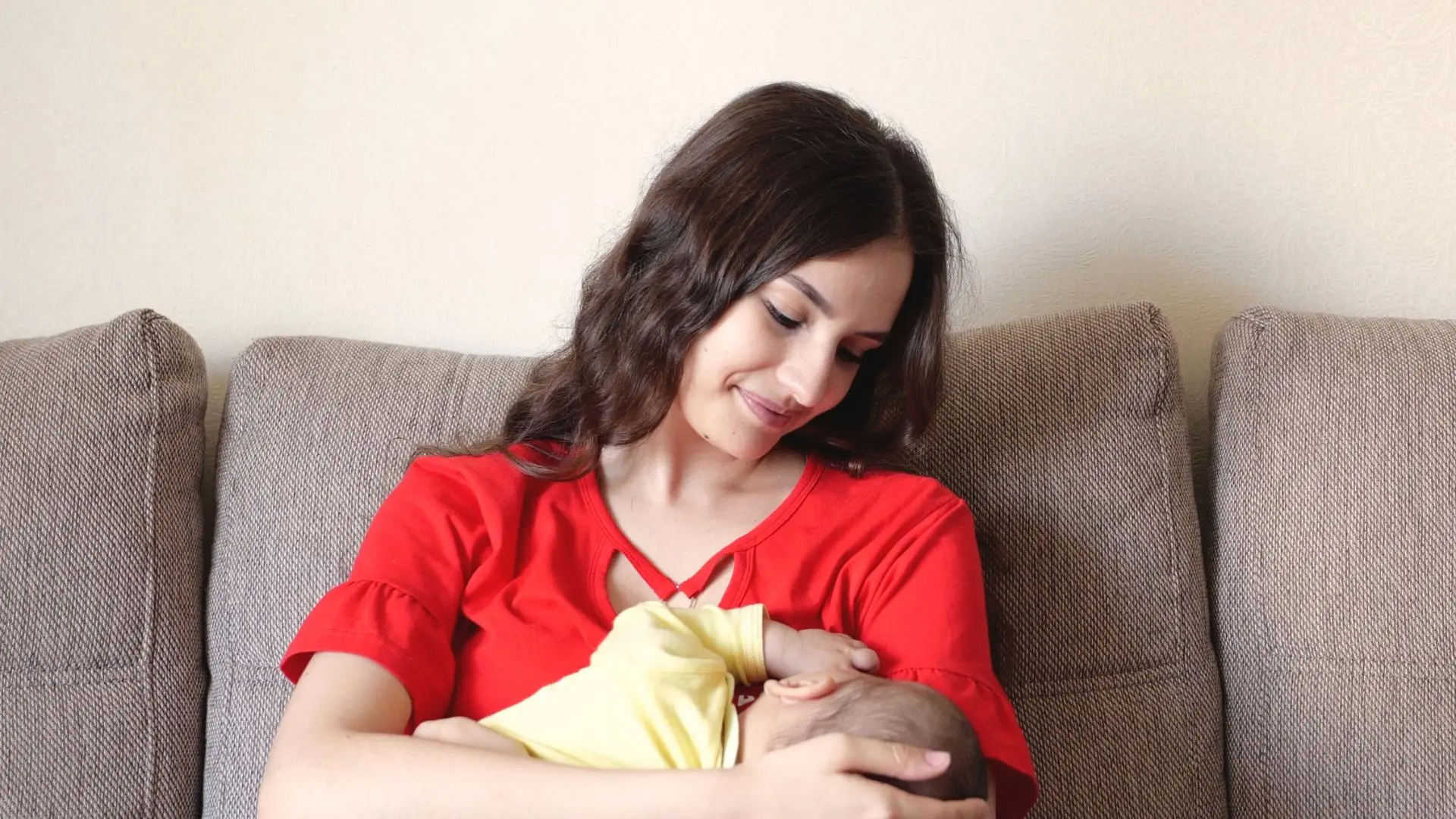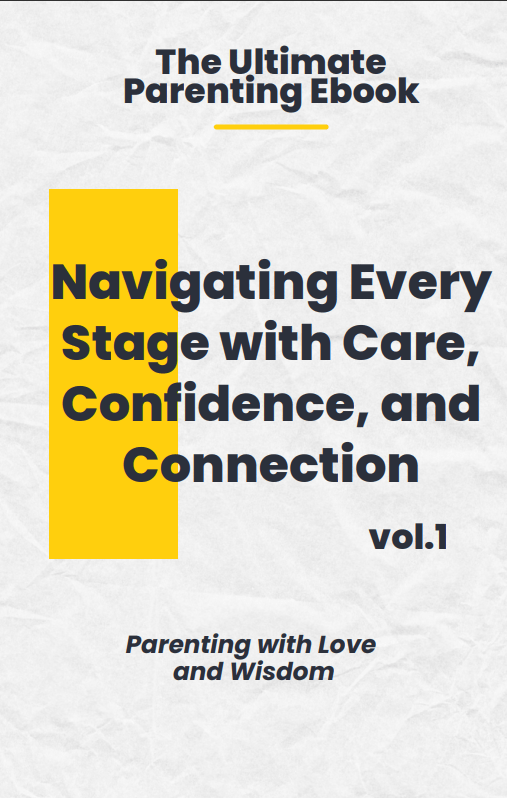
As a parent, you’re probably already feeling the weight of every decision you make about your child’s education. Should you send them to a traditional school, try homeschooling, or perhaps even consider the more unconventional path of unschooling?
With so many educational options out there, it’s easy to get overwhelmed. But here’s a thought: Have you ever wondered how these methods actually impact your child’s brain development?
The truth is, both homeschooling and unschooling have the potential to shape your child’s cognitive abilities in profound ways—and understanding how each method affects the brain can help you make a more informed decision.
We’ll discuss what science says about homeschooling vs. unschooling and how these educational paths influence brain development. Let’s break it down without the fluff, so you can get the facts you need to choose the best learning environment for your child.
In This Blog
ToggleThe Science of Brain Development: Understanding How Children Learn
First things first—let’s talk about how a child’s brain develops. Your child’s brain is incredibly malleable, especially in the early years.
During childhood and adolescence, the brain undergoes rapid growth and refinement, making this period a crucial time for educational interventions. This process, known as neuroplasticity, means the brain forms and strengthens connections based on experiences and stimuli.
Research shows that children’s brains are most adaptable when they’re engaged in meaningful, focused learning experiences. This is why the environment you provide for your child—whether it’s homeschooling or unschooling—can have a huge impact on their cognitive and emotional development.
How Does Homeschooling Impact Brain Development?
When you choose homeschooling, you’re opting for a more personalized and structured learning environment for your child. This kind of education can offer a unique opportunity for your child’s brain to develop in ways that traditional schools can’t always provide.
One-on-One Learning: Boosting Cognitive Function
In homeschooling, your child benefits from one-on-one attention, which research shows can significantly enhance brain development. The more individualized the learning experience, the better children can process and retain information.
A study by the National Home Education Research Institute (NHERI) found that homeschooling often leads to better academic performance, and this is largely due to the ability to focus on the child’s specific needs and pace.
Reducing Cognitive Overload
Another advantage of homeschooling is the ability to set the pace of learning. Children who struggle in traditional classroom settings often experience cognitive overload due to the fast pace and the need to keep up with the class.
By homeschooling, you can avoid this problem by adjusting the curriculum to match your child’s learning style. Studies show that when children aren’t overwhelmed, they can better engage with the material, leading to better retention and understanding.
Structured Routine: How it Shapes the Brain
Homeschooling also provides structure. Predictable routines help children develop stronger cognitive skills. The consistency of daily schedules can strengthen the brain’s ability to process information and regulate emotions.
Research in neuroscience supports this idea—routines help reduce anxiety and foster a calm learning environment, which is beneficial for memory and concentration.
What About Unschooling? How Does This Approach Affect Brain Development?
Now, let’s look at unschooling—a more flexible, child-directed learning approach. It may seem like an unconventional choice, but it has a significant impact on a child’s brain development in different ways.
Learning Through Curiosity: How the Brain Thrives on Exploration
Unschooling is all about following a child’s natural curiosity, and this approach taps into something incredibly powerful: the brain’s reward system. When children engage in activities that interest them, their brains release dopamine, a neurotransmitter associated with motivation and pleasure.
Studies show that when kids are motivated by their own interests, they’re more likely to deeply engage with the subject matter, which leads to better long-term retention and critical thinking.
Self-Directed Learning: Encouraging Cognitive Flexibility
One of the key benefits of unschooling is the emphasis on self-directed learning. This type of education allows children to explore topics in a way that works for them, without the constraints of a fixed curriculum.
According to cognitive development experts, self-directed learning promotes cognitive flexibility, the brain’s ability to adapt to new information and situations. This kind of flexibility is crucial for problem-solving and innovation in later life.
Experiential Learning: Boosting Problem-Solving Skills
Another aspect of unschooling is the focus on real-world learning experiences. Whether it’s cooking a meal, visiting a museum, or building something from scratch, unschooling encourages children to learn through hands-on activities.
Research in neurodevelopment supports this approach—experiential learning stimulates different parts of the brain involved in sensory processing, problem-solving, and creativity. This can result in improved cognitive abilities and enhanced emotional intelligence.
Homeschooling vs. Unschooling: Which Method is Better for Brain Development?
So, how do homeschooling and unschooling compare when it comes to brain development? Both have unique advantages, and which one is better for your child largely depends on their learning style and needs.

Structure vs. Freedom: What Does the Brain Need?
The brain thrives on structure and routine, which is why homeschooling—with its planned lessons and schedules—may be a great fit for children who benefit from a more controlled environment. On the other hand, unschooling offers freedom and flexibility, which might be a better fit for children who are more independent or who need more time to explore their interests.
For children who struggle with attention issues or anxiety, homeschooling may provide the necessary structure to support brain development. However, if your child is naturally curious and independent, unschooling may encourage deeper cognitive engagement and emotional growth.
Socialization: A Key Factor in Brain Development
One common concern parents have when choosing between homeschooling vs. unschooling is how each method affects socialization. While homeschooling may provide more opportunities for organized social events like co-ops or group learning sessions, unschooling often encourages socialization in more organic settings, like community activities or spontaneous meetups with other families.
Both methods can provide the social interaction children need, but how and where that interaction takes place will depend on the method you choose.
Choosing the Right Path for Your Child’s Brain Development
Ultimately, both homeschooling and unschooling offer unique benefits when it comes to your child’s brain development. The key is to match the educational approach to your child’s individual learning style and needs.
Homeschooling might be a great fit for children who need a structured environment and benefit from one-on-one attention. On the other hand, unschooling may be more beneficial for children who thrive on independence and creativity.
As a parent, you know your child best. Consider their emotional, cognitive, and social needs before making your decision. The great news is that both options can help foster strong brain development and set your child on a path toward a fulfilling, successful life.
Conclusion
Choosing the best educational path for your child’s brain development doesn’t have to be stressful. By understanding the science behind homeschooling vs. unschooling, you can make a well-informed choice that nurtures your child’s cognitive and emotional growth.
Whether you lean towards homeschooling, unschooling, or a combination of both, the important thing is to create an environment where your child feels supported, motivated, and challenged to reach their full potential.
Remember, there’s no one-size-fits-all solution, but by considering what your child’s brain needs, you’re giving them the best foundation for a lifetime of learning.
You may also be interested in : The Ultimate Guide to STEM Homeschool Curriculum: Setting Your Child Up for Success
FAQs
1. What is the difference between homeschooling and unschooling?
Homeschooling involves a structured curriculum with one-on-one teaching, while unschooling is child-led and focuses on learning through everyday experiences. Both aim to cater to a child’s developmental needs, but in different ways.
2. How does homeschooling impact brain development?
Homeschooling offers personalized learning, allowing children to progress at their own pace. This reduces stress, enhances memory retention, and supports better focus, all of which are crucial for brain development.
3. How does unschooling affect brain development?
Unschooling promotes curiosity-driven learning, encouraging children to explore topics they’re passionate about. This fosters creativity, problem-solving skills, and cognitive flexibility, all of which are essential for healthy brain development.
4. Does homeschooling benefit children with learning disabilities?
Yes, homeschooling allows for a tailored approach that can accommodate children with learning disabilities, helping them focus and learn in a way that suits their brain’s unique needs.
5. Can unschooling be effective for kids who need structure?
While unschooling offers freedom, it may not be suitable for all children, especially those who thrive on structure. Children who need clear routines may benefit more from homeschooling.
6. Which method—homeschooling or unschooling—is better for brain retention?
Homeschooling often leads to better retention because it offers a focused environment with one-on-one teaching. However, unschooling can promote long-term memory through exploration and real-world learning experiences.
7. Does homeschooling lead to social isolation?
Homeschooling does not necessarily lead to social isolation. Homeschooling families often participate in co-ops, extracurricular activities, and field trips that provide socialization opportunities.
8. How does unschooling help with emotional intelligence?
Unschooling nurtures emotional intelligence by giving children more autonomy in their learning. They learn decision-making, self-regulation, and empathy through real-life experiences and interactions with others.
9. What are the cognitive benefits of homeschooling?
The cognitive benefits of homeschooling include improved concentration, better problem-solving skills, and stronger memory due to the personalized, less distracting environment.
10. Can unschooling improve creativity?
Yes, unschooling fosters creativity by allowing children to explore their interests in depth. Unconstrained by a rigid curriculum, kids are more likely to develop innovative thinking and problem-solving skills.
11. Which is better for a child with ADHD: homeschooling or unschooling?
Homeschooling can be a better option for children with ADHD as it allows for flexibility in pacing and reduces distractions. However, unschooling may work well for highly motivated children who thrive on independence.
12. How does structure in homeschooling benefit brain development?
Homeschooling provides structure, which helps children develop better executive function skills, such as organization, time management, and focus. These skills are crucial for brain development.
13. Does unschooling help children with anxiety or stress?
Unschooling can help reduce anxiety by providing a more flexible and less structured environment. Children can explore topics at their own pace, which reduces pressure and allows for self-regulation.
14. How can homeschooling be tailored to support brain development?
Homeschooling can be tailored to a child’s learning style and pace, promoting brain development by reducing cognitive overload and allowing for focused, individualized attention.
15. Is unschooling better for brain development in the long run?
Unschooling may promote better cognitive flexibility and intrinsic motivation, but it’s not always the best fit for every child. It depends on the child’s personality and learning preferences.




